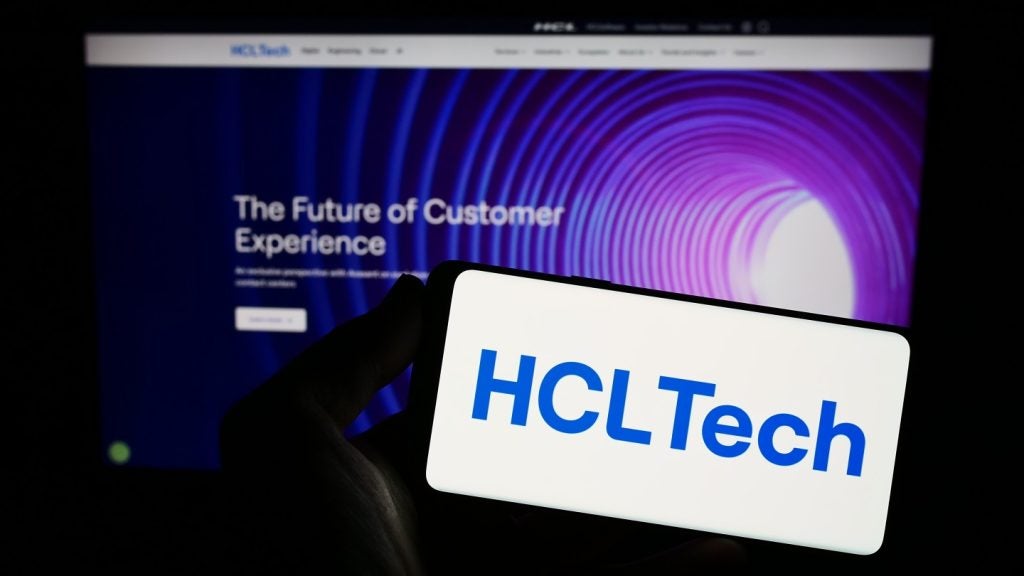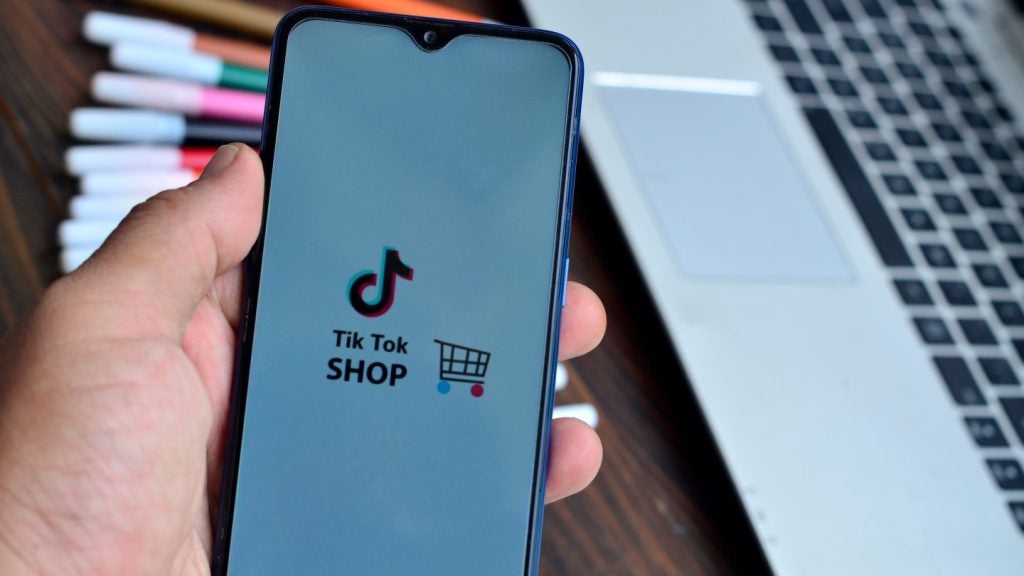Cybersecurity company Darktrace announced its intention to float on the London Stock Exchange in May 2021. Darktrace provides AI based cybersecurity services, a market that is expected to grow with the proliferation of connected devices, and today’s ever-more complex cyberattacks. It should be a given that investors would back the initial public offering (IPO).
However, UBS and Goldman Sachs have declined to support Darktrace’s IPO, citing potential legal ramifications over the status of former board member Mike Lynch. The market may also be reluctant as the flotation falls hot on the heels of Deliveroo’s flat IPO which was marred by governance and social issues. The extent to which governance influences Darktrace’s IPO will provide a window into future investors’ concerns over environmental, social, and governance (ESG) issues.
ESG, in particular, governance, has been in the spotlight in the last few days, after judges quashed the convictions of 39 former postmasters. The verdict has prompted the departure of former Post Office chief executive, Paula Vennells, from roles on the boards of Morrisons and Dunelm. This is just one example of how governance failings can blight careers.
The cybersecurity market will continue to grow
Despite the economic downturn caused by the pandemic, Covid-19 cemented the importance of cybersecurity, highlighted as millions globally turning to working from home. Companies worldwide spent an estimated $115bn on cybersecurity in 2020, a figure which is expected to hit $238bn by 2030, according to GlobalData.
Although Darktrace’s scalable model is currently operating at a loss, its AI-powered and behavioural analytics products which can react to in-progress cyberattacks are expected to turn a profit in the future.
Deliveroo’s flop may breed IPO insecurities
Following Deliveroo’s disappointing IPO in March 2021 when shares tumbled more than 26% on the first day of trading, investors may be reluctant to back UK-based tech listings.
Unlike Deliveroo’s dual-class share structure, Darktrace will opt for a more traditional listing. However, although the company offers sound technology, this may not be sufficient to protect it against any fallout from its involvement with Lynch.
Investors are not just looking at the books when deciding where to put their money. ESG issues are of primary concern. The fact that three of Britain’s biggest asset managers – Aviva, Legal & General, and Standard Life Aberdeen – didn’t back Deliveroo’s IPO were key to its disappoint debut. Investors were concerned about Deliveroo’s stance on the classification of its riders as self-employed contractors and about the dual class structure of the company. Impressive revenues alone are no longer enough for investors, they now demand sound ethics and good governance.
Will Darktrace governance issues deter future IPO investors?
Lynch is accused of artificially inflating revenues at Autonomy, the software company he founded and ran before selling for $11bn in 2011 to HP. After Autonomy’s sale, Lynch set up investment vehicle Invoke, and the British billionaire was the first shareholder of Darktrace.
He stepped down from Darktrace’s advisory board in 2018, but his later involvement with the company remains unclear. Inconsistent messaging about Lynch’s involvement at Darktrace impedes the company’s attempts to distance itself from his legal issues.
This alone may deter investors from being embroiled in future governance-affected IPOs. The success of the IPO will likely act as a window to the future of how seriously investors are taking governance, and broader ESG issues, when deciding where to put their money.








